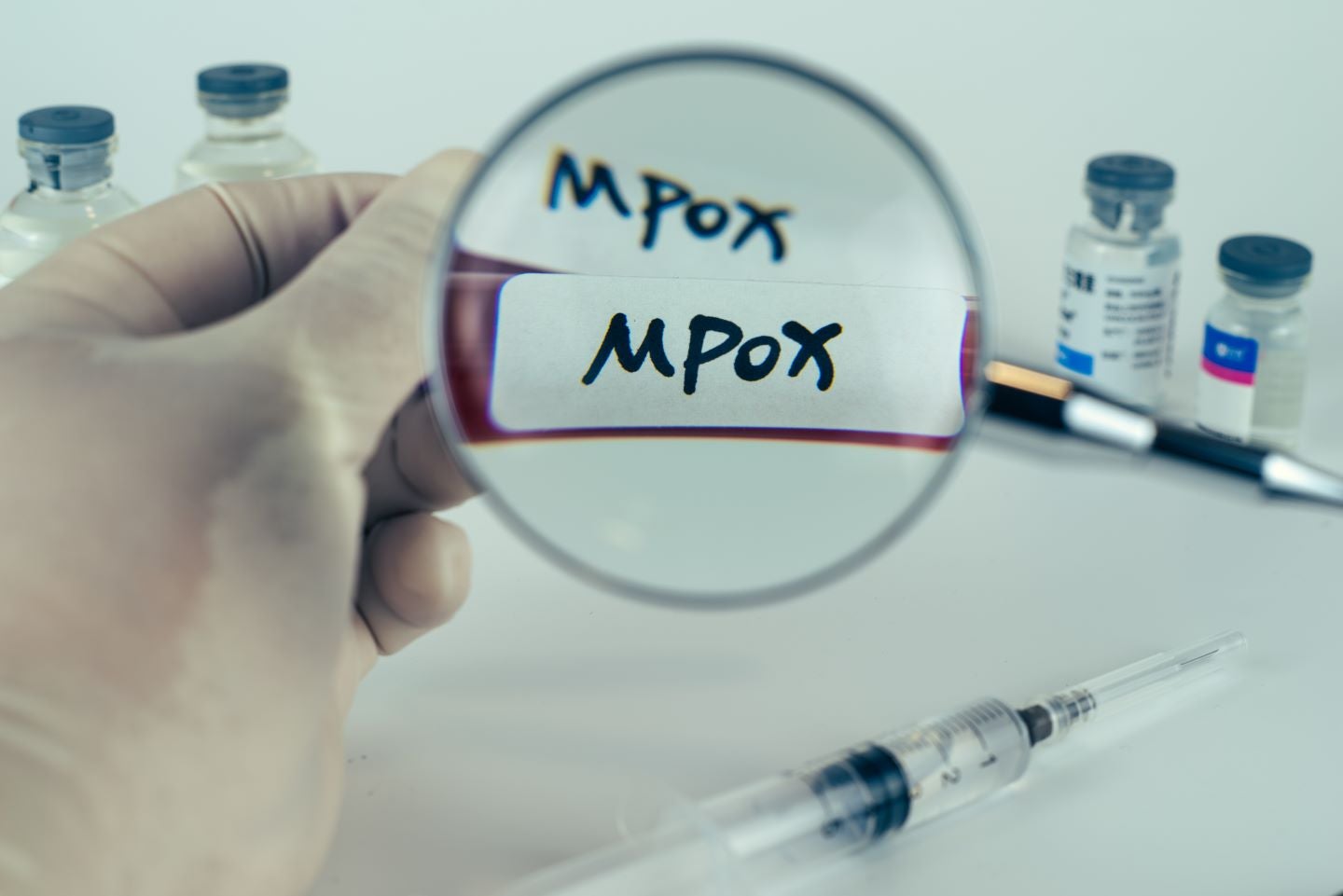On Wednesday 13 August, the Africa Centres for Disease Control and Prevention (Africa CDC) stated the current mpox outbreak to be a Public Health Emergency of Continental Security. The outbreak was previously declared a Public Health Emergency of International Concern by the World Health Organization in 2022, but further emphasis in Africa has been deemed necessary. The status of Public Health Emergency allows the Africa CDC to allocate resources to testing, surveillance, and other outbreak response measures.
The current outbreak in central Africa is clade I mpox and is found heavily in the Democratic Republic of Congo (DRC) with confirmed cases in Burundi, Kenya, Rwanda, and Uganda in July 2024. There have been 2,863 confirmed cases resulting in 517 deaths, and the number of suspected cases is greater than 17,000. The risk of mpox fatality is higher with HIV coinfection, which is also prevalent in the area.
Mpox, formerly known as monkeypox due to its initial discovery in research monkeys, is a member of the same family as smallpox, Poxviridae. It circulates in two clades: Clade I yields more severe disease with a 10% mortality, and clade II produces a milder disease with less than 1% mortality. Clade II mpox caused the global outbreak in 2022. Mpox is transmitted via multiple routes: mother-to-child transmission, zoonotic transmission (contact with animals), and contact with infectious persons or surfaces, including sexual transmission.
There is a significant stigma associated with mpox, both via race and sexual orientation, since a large proportion of the cases in the 2022 outbreak were found in Black and Latino men who have sex with men (MSM). Additionally, the disease is considered a sexually transmitted infection (STI), similar to HIV infection. Immunocompromised people such as those with HIV are at increased risk of severe disease due to mpox. This relationship highlights the importance and difficulty of prompt diagnosis of mpox.
Symptoms begin 1–21 days after exposure and last 2–4 weeks. The hallmark of mpox infection is a scabbing rash. The rash lesions appear on the palms of hands, soles of feet, face, groin, and genital/anal areas. Other symptoms include fever, sore throat, muscle pain, swollen lymph nodes, and fatigue. Mpox symptoms are treated with antivirals originally developed for smallpox.
During the global outbreak, GlobalData epidemiologists predicted over 66,000 cases of mpox across the ten major markets (10MM: US, France, Germany, Italy, Spain, the UK, Australia, Brazil, Canada, and Mexico) in 2022. This figure is likely to climb in 2024, given the spread of the virus in Africa and the delay in necessary supplies like vaccines. Persons infected with mpox can prevent transmission by employing face masks, avoiding contact with uninfected persons, and covering up lesions until the scabs have healed over and fallen off. Mpox vaccines are available and are recommended for healthcare workers, sex workers, and MSM [males who have sex with males]. Targeted vaccination programs and increased screenings will aid in curbing the epidemic currently occurring in Africa.

US Tariffs are shifting - will you react or anticipate?
Don’t let policy changes catch you off guard. Stay proactive with real-time data and expert analysis.
By GlobalData





